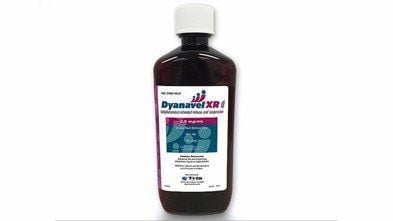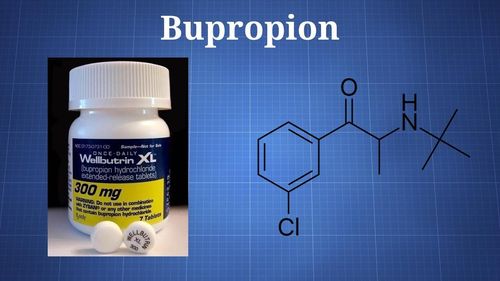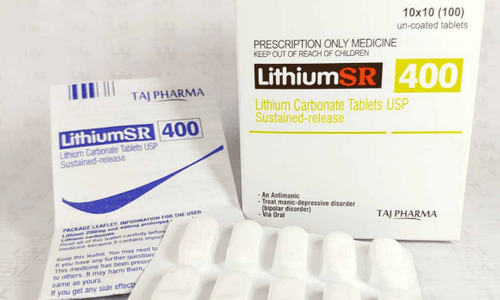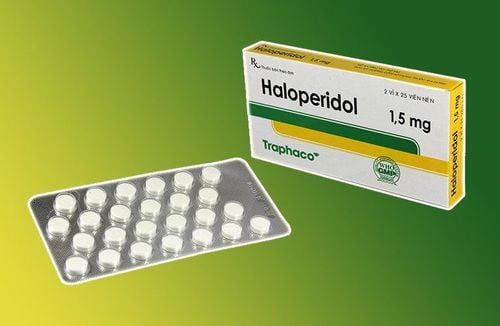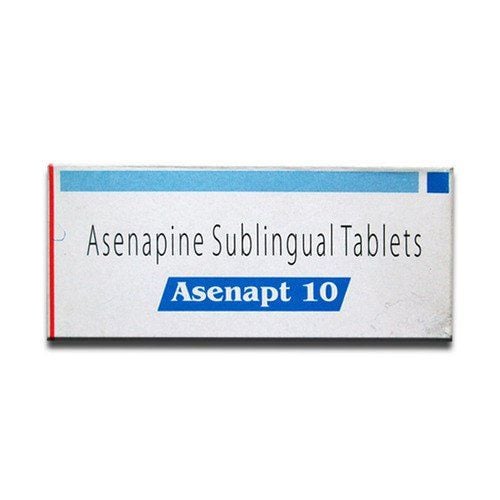This is an automatically translated article.
The article is expertly consulted by Dr., BS. Ton That Tri Dung - Head of Department of Examination & Internal Medicine - Department of Examination & Internal Medicine - Vinmec Da Nang International HospitalMigraines have not been proven to cause stroke, but if you have migraines with aura (aura) there is a slightly increased risk of stroke. Some of the symptoms of a migraine can be very similar to a stroke.
1. What is a stroke?
During a stroke, blood flow to part of your brain is blocked, resulting in cells at the back of that broken or blocked blood vessel not getting enough oxygen and starting to die. There are two causes: (1) a blood vessel is blocked by a blood clot or (2) a blood vessel is torn or ruptured and causes bleeding in or around the brain.A sudden and severe headache can be a sign of a stroke. Other common symptoms include:
Numbness or weakness on one side of the body Difficulty speaking or understanding others Vision problems in one or both eyes Sudden dizziness or loss of balance Confusion Type of stroke Often confused with migraines, they are transient ischemic attacks and "mini-strokes" because blood flow to the brain is interrupted only for a short time. Symptoms are less severe than a typical stroke and last less than 1 hour.
In which, F.A.S.T is a "rule" for early detection when stroke is suspected:
Face - Imbalance, or drooping on one side of the mouth: let the patient sit upright to observe or ask the patient to smile , “breathing fire”, baring his teeth; Arm - Weakness or paralysis of the arms and legs: ask the patient to raise both arms and legs evenly, if the side is weaker, or fall first indicates paralysis. Speech - Abnormal language: ask the patient to speak, repeat a simple phrase. If you are not fluent, your voice “distorts” or you cannot speak, it is an abnormal sign. Time - Need to call an ambulance as quickly as possible
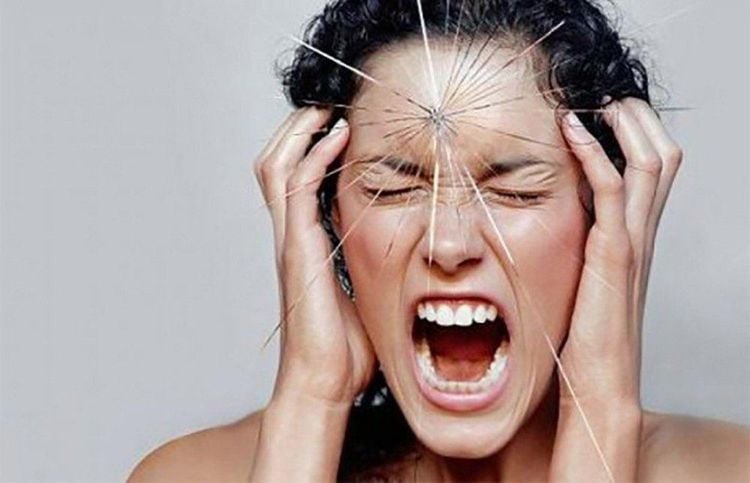
2. What is a migraine?
Migraine is an illness that causes recurrent headaches along with other symptoms such as severe headaches often accompanied by nausea, vomiting, and sensitivity to light, sound, smell, or touch sense. Sharp or jerking pain on one side of the head around the eye or temple.
Migraines with aura (Aura) can be confused with a stroke. The aura affects the senses and often precedes the headache. Symptoms include: the patient sees flashes of light, zigzag lines, or the patient may feel tingling or numbness in the hands, feet, or face with ringing in the ears or difficulty speaking. However, these symptoms may be more frequent in the elderly but are not accompanied by headache symptoms.
3. Distinguishing between a migraine and a stroke
Here are some points to help patients distinguish these two diseases:When you have a stroke, symptoms often appear suddenly. But with migraine, the symptoms come on gradually with a mild headache that gets worse and worse. A stroke can have severe symptoms, such as loss of vision in one eye or loss of sensation in one of the hands or feet. In contrast, migraines are more likely to have slightly milder symptoms such as flashes in the eyes or tingling in the skin. If the patient is young, it is more likely to be a migraine. If you're older, it's more likely to be a stroke, especially if you've never had a migraine or you have other medical conditions like high blood pressure or an irregular heartbeat. Migraine sufferers with aura are twice as likely to have a stroke than those without migraines. This risk is increased if the patient is a young woman who smokes and uses oral contraceptives.
Migraines without aura do not affect the likelihood of a person having a stroke but can predispose them to other heart-related problems because migraines can damage the cells of blood vessels and Arteritis causes the blood vessels to harden and the blood to clot more easily, increasing the risk of stroke.
It is possible for a person to have a stroke while having a migraine, but that does not mean that the migraine caused the stroke. A stroke can trigger migraine symptoms, including aura.
Some migraine medications, including ergot alkaloids and triptans, can cause artery spasms so they should not be used if a person has had a stroke.
In general, taking the right medication, making lifestyle changes (like quitting smoking, exercising) and changing your diet (reducing stimulants, increasing fiber, vegetables, etc.) reduce the risk of stroke and migraine.
>>> What drugs can be used to relieve migraine?
Regarding stroke, at present, Magnetic Resonance Imaging (MRI/MRA) is considered a "golden" tool for screening brain stroke. MRI is used to check the condition of most organs in the body, especially valuable in detailed imaging of the brain or spinal nerves. Due to the good contrast and resolution, MRI images allow to detect abnormalities hidden behind bone layers that are difficult to recognize with other imaging methods. MRI can give more accurate results than X-ray techniques (except for DSA angiography) in diagnosing brain diseases, cardiovascular diseases, strokes,... Moreover, the process MRI scans do not cause side effects like X-rays or computed tomography (CT) scans.\
Vinmec International General Hospital currently owns a 3.0 Tesla MRI system equipped with state-of-the-art equipment by GE. Healthcare (USA) with high image quality, allows comprehensive assessment, does not miss the injury but reduces the time taken to take pictures. Silent technology helps to reduce noise, create comfort and reduce stress for the client during the shooting process, resulting in better image quality and shorter imaging time. With the state-of-the-art MRI system With the application of modern methods of cerebral vascular intervention, a team of experienced and well-trained neurologists and radiologists, Vinmec is a prestigious address for stroke risk screening and screening. reliable goods.
In the past time; Vinmec has successfully treated many cases of stroke in a timely manner, leaving no sequelae: saving the life of a patient suffering from 2 consecutive strokes; Responding to foreign female tourists to escape the "death door" of a stroke;...
Please dial HOTLINE for more information or register for an appointment HERE. Download MyVinmec app to make appointments faster and to manage your bookings easily.
Article references sources: webmd.com, mayoclinic.org, stroke.org.uk




